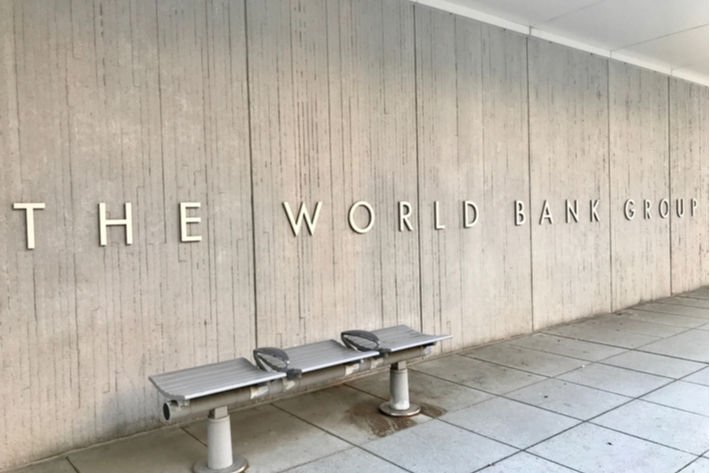
The Accelerating Transport and Trade Connectivity in Eastern South Asia (ACCESS) Program Phase 1 will enable governments to deal with the biggest obstacles to regional trade like manual and paper-based trade processes, inadequate transport and trade infrastructure, and restrictive trade and transport regulations and processes, World Bank said in a press release.
The $753.45 million ACCESS Project in Bangladesh will modernise the 43km two-lane Sylhet-Charkai-Sheola road to a climate-resilient four-lane road, which will connect the Sheola Land Port with the Dhaka-Sylhet Highway and reduce travel time by 30 per cent. The project will reinforce digital systems, infrastructure, and more streamlined processes at the Benapole, Bhomra, and Burimari land ports, which handle around 80 per cent of land-based trade. It will also help in revamping the Chattogram customs house, which oversees 90 per cent of all import/export declarations in Bangladesh.
The $275 million ACCESS Project in Nepal will renovate the 69 km two-lane Butwal—Gorusinghe—Chanauta road along the East-West Highway to a four-lane highway, which will be climate-resilient. As this is expected to reduce travel time by 30 per cent, it will offer better access to India’s western seaports. The project also involves building market areas along the highway with special spaces for women entrepreneurs and traders, so that women can take advantage of the improved economic opportunities. It will upgrade capacity building and digital systems to bolster trade and customs processes at Birgunj and Bhairahawa border points. The programme is also intended to further Nepal’s preparedness and subsequent implementation of the Motor Vehicle Agreement (MVA).
“Regional trade offers enormous untapped potential for the countries of South Asia. Today, regional trade accounts for only 5 per cent of South Asia’s total trade, while in East Asia it accounts for 50 per cent,” said Hartwig Schafer, World Bank vice president for South Asia. “South Asia can boost economic growth significantly and create opportunities for millions of people by increasing regional trade and connectivity.”
Fibre2Fashion News Desk (NB)